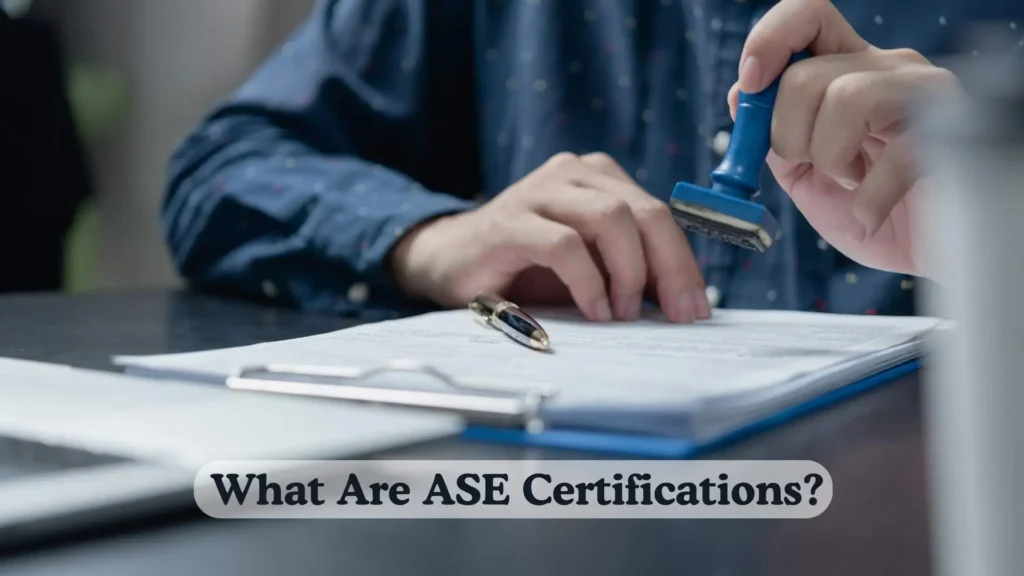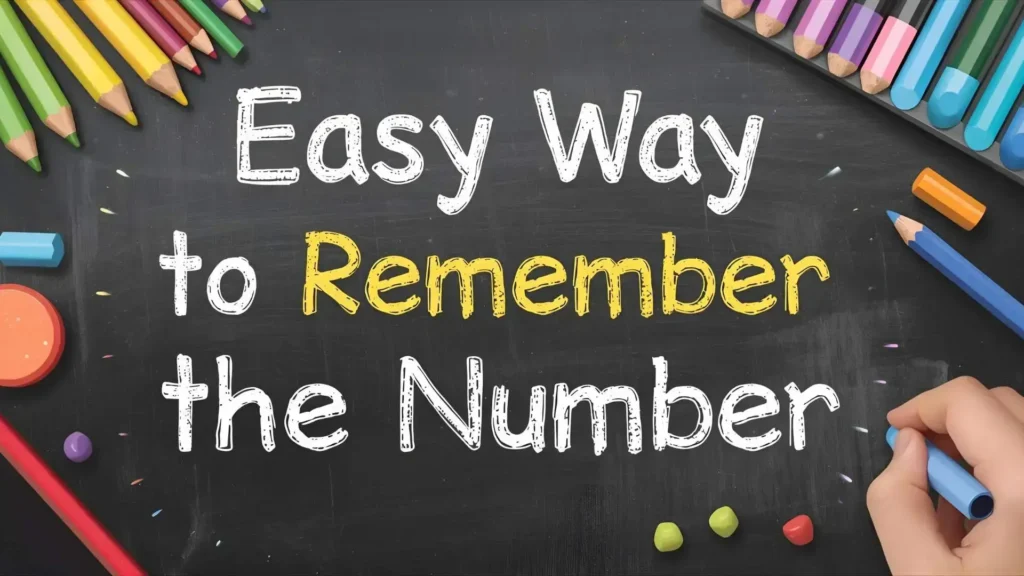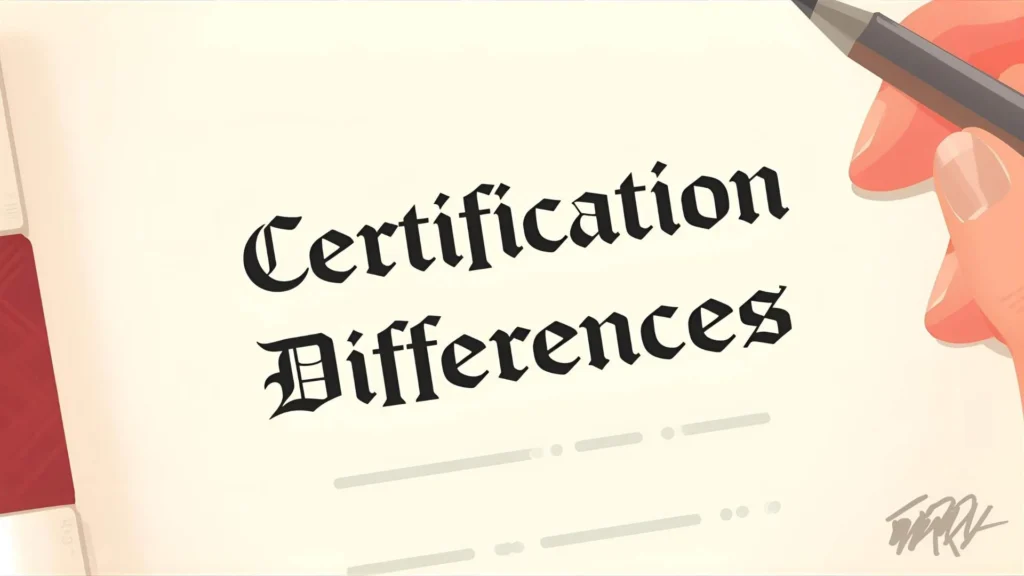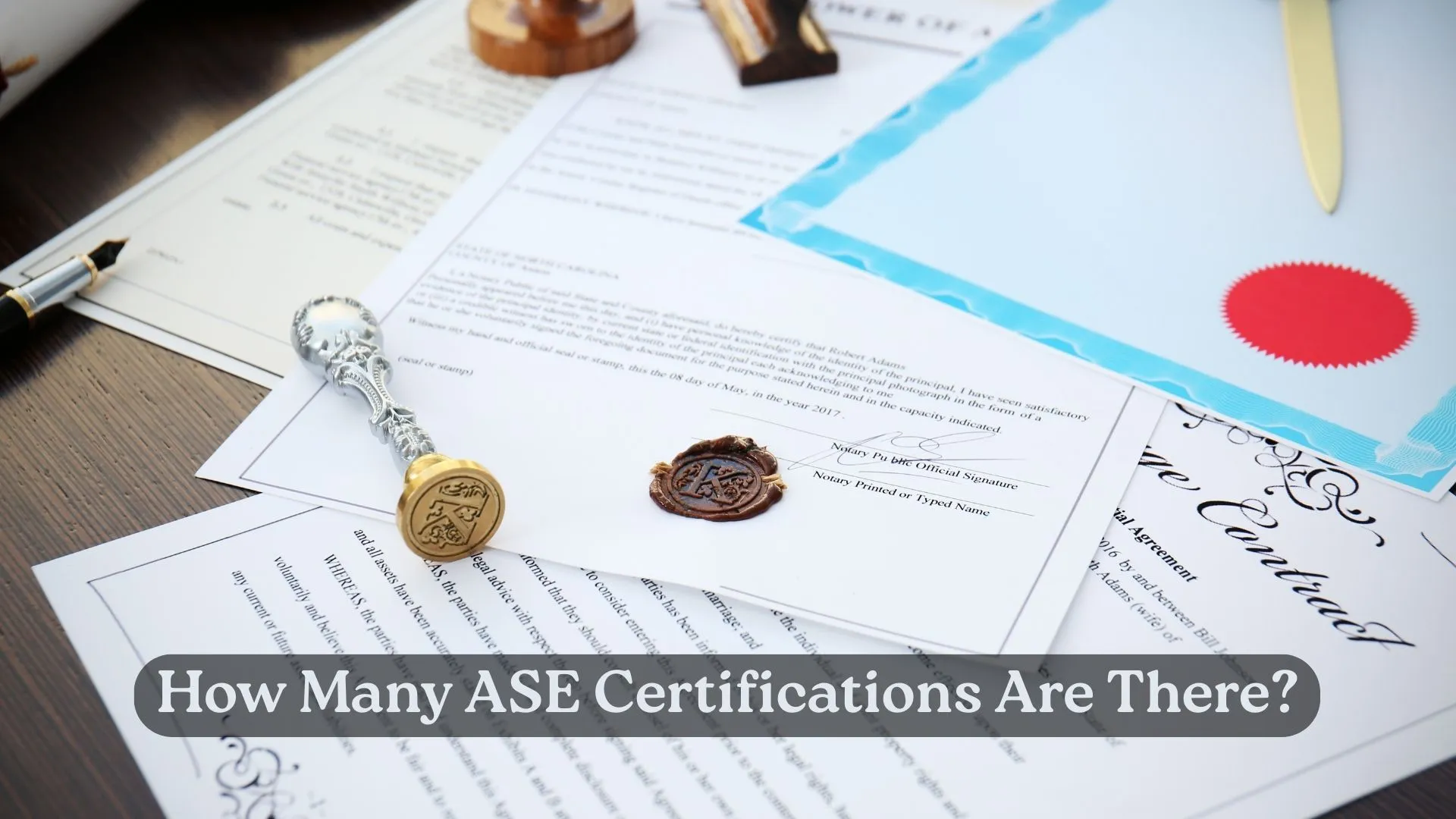If you’ve ever wondered how many ASE certifications exist or felt confused about the different categories, you’re not alone.
Just like cooks compare cups and tablespoons, auto technicians often compare and count ASE certifications to measure their career progress.
This guide breaks everything down in simple terms—so whether you’re a student, a car enthusiast, or a professional mechanic.
You’ll know exactly what ASE certifications are, how many there are, and why they matter in real life.
🛠️ What Are ASE Certifications?

Before we dive into the numbers, let’s first understand what ASE certifications really mean.
ASE stands for Automotive Service Excellence. These are industry-recognized tests and credentials that prove a mechanic’s skill in repairing and diagnosing cars, trucks, and other vehicles.
Think of ASE certifications like badges of trust—the more you have, the more customers (and employers) can trust your expertise.
There are two “units” to understand:
- General ASE Certifications – cover specific systems like brakes, engines, or suspension.
- Master ASE Certification – awarded when someone earns all the certifications in a specialty area.
✅ The Direct Answer | How Many ASE Certifications Are There?
As of today, there are over 50 ASE certification tests across multiple categories.
Here’s the breakdown:
- Automobile & Light Truck (A-series): 9 tests
- Collision Repair & Refinish (B-series): 5 tests
- School Bus (S-series): 8 tests
- Truck Equipment (E-series): 3 tests
- Transit Bus (H-series): 7 tests
- Medium-Heavy Truck (T-series): 8 tests
- Advanced Level (L-series): 3 tests
- Parts Specialist (P-series): 3 tests
- Military Tactical Wheeled Vehicles (M-series): 1 test
- Engine Machinist (M-series, different subset): 3 tests
- Entry-Level Certification (Student): Multiple tests depending on program
Altogether, when you add them up, you get around 50–60 certifications depending on the category.
📊 ASE Certification Chart
| Category | Number of Certifications | Examples |
| Automobile & Light Truck (A) | 9 | Brakes, Engine Repair, Heating & A/C |
| Collision Repair & Refinish (B) | 5 | Structural Analysis, Painting |
| Medium-Heavy Truck (T) | 8 | Diesel Engines, Suspension, Brakes |
| School Bus (S) | 8 | Body Systems, Diesel Engines |
| Transit Bus (H) | 7 | Drive Train, Brakes |
| Truck Equipment (E) | 3 | Hydraulics, Drive Train |
| Engine Machinist (M) | 3 | Cylinder Head, Engine Block |
| Parts Specialist (P) | 3 | Store Operations, Parts Identification |
| Advanced Level (L) | 3 | Hybrid/Electric, Diagnostics |
| Military Tactical Vehicles | 1 | Wheeled Vehicles |
| Entry-Level Student | Varies | Maintenance & Light Repair, Electrical |
🚘 Why Knowing the Number of ASE Certifications Matters
Understanding how many ASE certifications there are helps in:
- Career Planning – Mechanics can map out which tests to take for becoming a Master Technician.
- Employer Trust – Shops prefer ASE-certified techs because it boosts customer confidence.
- Customer Awareness – Car owners can better choose skilled mechanics with verified knowledge.
It’s like knowing the difference between teaspoons and tablespoons—it ensures accuracy and trust.
🧠 Easy Way to Remember the Number

Here’s a simple trick:
- Think of ASE like a school with 10 departments. Each department (Automobile, Collision, Trucks, Buses, etc.) has a set number of “classes” (certifications). Altogether, it’s about 50–60 classes total.
Mnemonic: “A Big Smart Truck Helps Every Mechanic Pass Learning Modules.”
(A = Auto, B = Body, S = School Bus, T = Truck, H = Transit Bus, E = Equipment, M = Machinist/Military, P = Parts, L = Advanced, M = Military)
⚠️ Common Mistakes and Tips
- Mistake #1: Thinking ASE has only one or two certifications.
- Mistake #2: Believing ASE is only for cars—it also covers trucks, buses, and even parts.
- Mistake #3: Assuming ASE is lifetime valid (it actually expires every 5 years and requires recertification).
Tip: Always check the official ASE website for updates since new certifications may be added.
🔄 Certification Differences

Just like measuring dry vs. liquid ingredients, ASE certifications differ depending on focus:
- Entry-Level is for students and beginners.
- Professional ASE Certifications are for working technicians.
- Master Status is earned by completing all tests in a category.
🏎️ Real Life Examples
- Mechanic Career Growth: A technician with all 9 A-series tests becomes a Master Automobile Technician.
- Employer Advantage: A repair shop advertises ASE-certified techs, attracting more customers.
- Student Edge: High school and college students gain entry-level ASE to stand out for jobs.
❓ FAQ | ASE Certifications
Q1: How many ASE certifications do you need to become a Master Technician?
A: You need to pass all tests in a specialty (e.g., 9 for Auto & Light Truck).
Q2: How long does an ASE certification last?
A: 5 years, after which you must retest.
Q3: Are ASE certifications only for car mechanics?
A: No, they also cover trucks, buses, parts, and collision repair.
Q4: Can students get ASE certifications?
A: Yes, there are Entry-Level ASE certifications for students.
Q5: How many ASE certifications are there in total?
A: Around 50–60 across all categories.
Q6: Is ASE certification required to work as a mechanic?
A: Not always, but it significantly improves job opportunities and trust.
🏁 Conclusion
So, how many ASE certifications are there? Roughly 50–60, spread across different specialties from automobiles to buses. Just like knowing kitchen measurements ensures accurate cooking, knowing ASE certifications helps mechanics, employers, and customers stay on the same page. If you’re planning a career in automotive repair, ASE certifications are the recipe for success.

Henry Miles is a seasoned writer and content strategist with over a decade of experience in crafting engaging digital content. With a background in communication and media studies, he brings a deep understanding of audience psychology, storytelling, and online trends. His work often bridges the gap between informative clarity and creative expression, making complex topics accessible and enjoyable for readers of all backgrounds.
Known for his disciplined research and clean writing style, Henry has contributed to numerous blogs, educational platforms, and professional publications. When he’s not writing, he’s usually found exploring new literary techniques or mentoring aspiring content creators.
Henry is also the author of several well-received titles, including The Digital Mindset, Words That Connect, and Content Beyond Clicks—books that continue to inspire writers and marketers around the globe.




